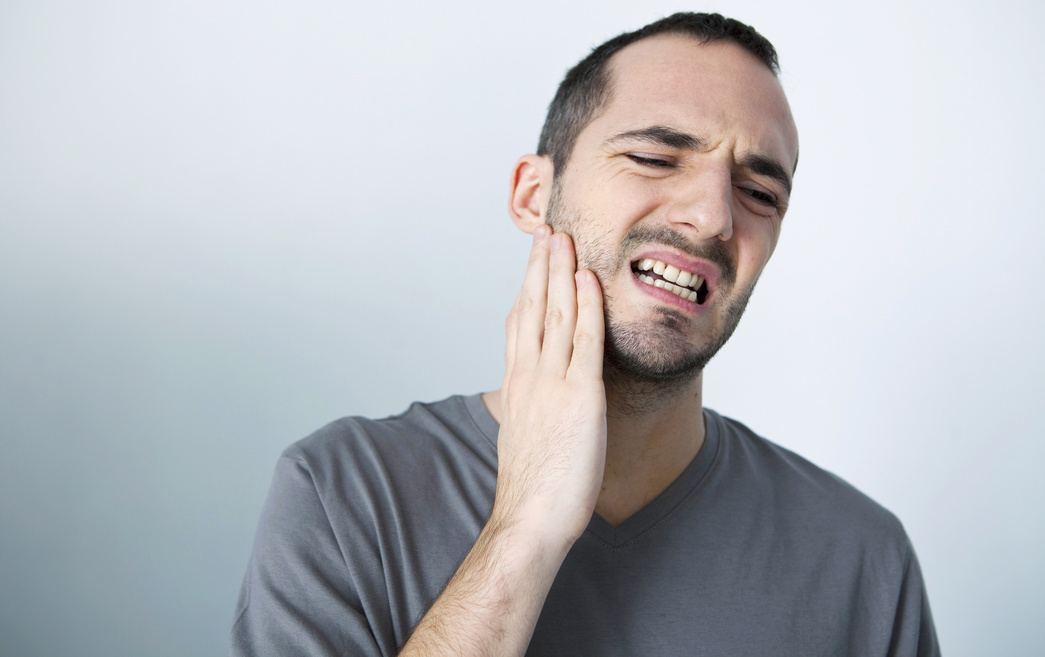
19 Jul What Is TMJ (TMD) and what causes It?
If you’re suffering from facial pain or headaches, you might wonder if you have TMJ. So, what is TMJ or TMD exactly, what causes it and how is it diagnosed?
The temporomandibular joint or TMJ acts like a sliding hinge, connecting your jawbone to your skull. TMJ disorders — a type of temporomandibular disorder or TMD — can cause pain in your jaw joint and in the muscles that control jaw movement.
What causes TMD?
Although the exact cause of TMD remains unclear, dentists believe that the symptoms stem from problems with the muscles of the jaw or with the parts of the joint itself.
Problems with your TM joints can be attributed to:
- Grinding or clenching your teeth
- Stress, if it provokes you to tighten your facial muscles or jaw
- Dislocating the soft cushion or disc between the ball and socket
- Osteoarthritis or rheumatoid arthritis in the TM joints
- Injury to your jaw, head or neck
Diagnosing TMD
To diagnose TMD, your dentist will check your TM joints for tenderness or pain, look for a limited range of motion or locking of your jaw and examine your bite. They will listen for clicking or popping sounds as you move your mouth. You may need to have x-rays taken.
In severe cases, your dentist may consider referring you to an oral surgeon (maxillofacial surgeon) for treatment. They may need to look inside the joint to see if there is any loose cartilage floating around jamming the joint.
It is important that you visit your dentist if you suffer from any of the following symptoms of TMD:
- Facial, neck or shoulder pain when you chew, speak or open your mouth widely
- Inability to fully open your mouth easily
- Locking of your jaws
- Clicking, popping or grating sounds in your jaw when opening or closing your mouth (with or without pain)
- Difficulty chewing or discomfort when biting
- Swelling on the side of your face
- Toothaches, headaches or neck aches
- Dizziness, earaches or hearing loss
If left untreated, TMD can lead to other more significant health problems including poor oral health, chronic headaches, lack of sleep, depression, hearing issues and eating disorders.
Are you grinding your teeth? Read more here (link to grinding blog article)
You don’t need to suffer in silence, if you have any concerns please contact our friendly team at Boulton Dental. We are here to support you and will do all we can to help you to achieve healthy teeth for life.
Book an appointment today, call 4961 6300.
Resources:
https://www.healthdirect.gov.au

Sorry, the comment form is closed at this time.